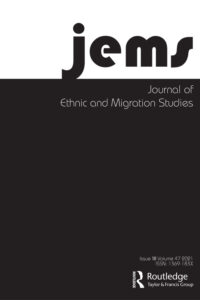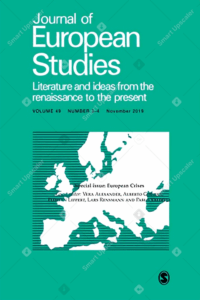This article responds to a call for research, made by Hock (1990) exactly 30 years ago, on the subject behavior of potential non-nominative subjects in Latin and Ancient Greek, two classical languages of Indo-European origin. Hock’s call was made in the wake of research on behavioral properties of non-nominative subjects in several modern languages. Since then, comprehensive studies have been carried out on the subject behavior of non-nominative subjects in the early Germanic languages, including Gothic, Old/Middle English, Old Saxon, Old High German, Old Norse-Icelandic, and Old Swedish. Some preliminary work has been undertaken on Latin, while work on Ancient Greek is almost non-existent. In this article, we gather the Latin data provided so far, adding complementary evidence where needed; we also present a complete dataset from Ancient Greek, not figuring in the earlier literature. These data, pertaining to seven established behavioral subject tests, show beyond doubt that potential non-nominative subjects behave syntactically as nominative subjects, while an analysis in terms of object is excluded. The relevant tests are clause-bound reflexivization, long-distance reflexivization, conjunction reduction, raising-to-object, raising-to-subject, control infinitives and word order. We conclude that the combined Germanic, Latin and Greek
data may indeed make it possible to reconstruct not only subject behavior in general, but also the specific subject behavior of non-nominative subjects in Proto-Indo European.
Non-nominative subjects in Latin and Ancient Greek
Applying the subject tests on early Indo-European languages



